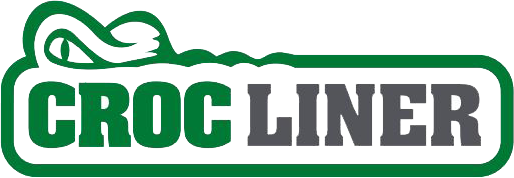When it comes to purchasing a vehicle, one of the most significant decisions you'll face is whether to buy new or used. Both options come with their own set of advantages and disadvantages, and understanding them can help you make an informed decision. Let's delve into the pros and cons of each.
Pros of Buying New Cars:
- Warranty and Reliability: New cars typically come with warranties that cover maintenance and repairs for a set period, providing peace of mind and potentially reducing out-of-pocket expenses.
- Latest Features and Technology: Buying new means you'll have access to the latest advancements in automotive technology, from safety features to entertainment systems, enhancing your driving experience.
- Customization: When purchasing a new car, you often have the opportunity to customize it according to your preferences, selecting features, colors, and accessories that suit your needs and style.
- Lower Interest Rates: Financing options for new cars may come with lower interest rates compared to used vehicles, potentially saving you money over the life of the loan.
Cons of Buying New Cars:
- Depreciation: New cars lose a significant portion of their value in the first few years, often depreciating by as much as 20% to 30% in the first year alone, which can result in a substantial financial loss if you decide to sell or trade in the vehicle.
- Higher Costs: New cars come with a higher price tag compared to their used counterparts, which can make them less accessible to budget-conscious buyers.
- Insurance Costs: Insurance premiums for new cars are typically higher due to their higher value, which can add to the overall cost of ownership.
- Limited Selection: When buying new, you're limited to the current model year and available inventory, which may restrict your options compared to the broader selection of used cars.
Pros of Buying Used Cars:
- Lower Cost: Used cars are generally more affordable than new ones, allowing you to get more bang for your buck and potentially purchase a higher-end model or trim level within your budget.
- Reduced Depreciation: Used cars have already undergone the steepest period of depreciation, meaning they retain their value better over time compared to new cars, potentially resulting in a smaller loss if you decide to sell later on.
- More Choices: The used car market offers a wide variety of makes, models, and years to choose from, giving you greater flexibility to find a vehicle that meets your specific needs and preferences.
- Lower Insurance Costs: Insurance premiums for used cars are typically lower than those for new cars, as they are less expensive to replace or repair in the event of an accident.
Cons of Buying Used Cars:
- Uncertainty About History: Used cars may come with unknown maintenance or repair histories, increasing the risk of unexpected issues or mechanical problems down the line.
- Higher Maintenance Costs: Older vehicles may require more frequent repairs and maintenance compared to new ones, potentially offsetting the initial cost savings over time.
- Limited Warranty Coverage: While some used cars may still be covered by a manufacturer's warranty, others may not have any warranty coverage, leaving you responsible for any repairs or replacements.
- Potential for Hidden Damage: Without a thorough inspection, there's a risk of purchasing a used car with hidden damage or issues that may not be immediately apparent, requiring costly repairs later on.
In conclusion, the decision to buy new or used ultimately depends on your individual preferences, budget, and priorities. While new cars offer the latest features and warranties, they come with higher costs and depreciation. On the other hand, used cars are more affordable with lower depreciation but may require more maintenance and come with potential risks. By carefully weighing the pros and cons of each option, you can make an informed choice that best suits your needs and circumstances.

